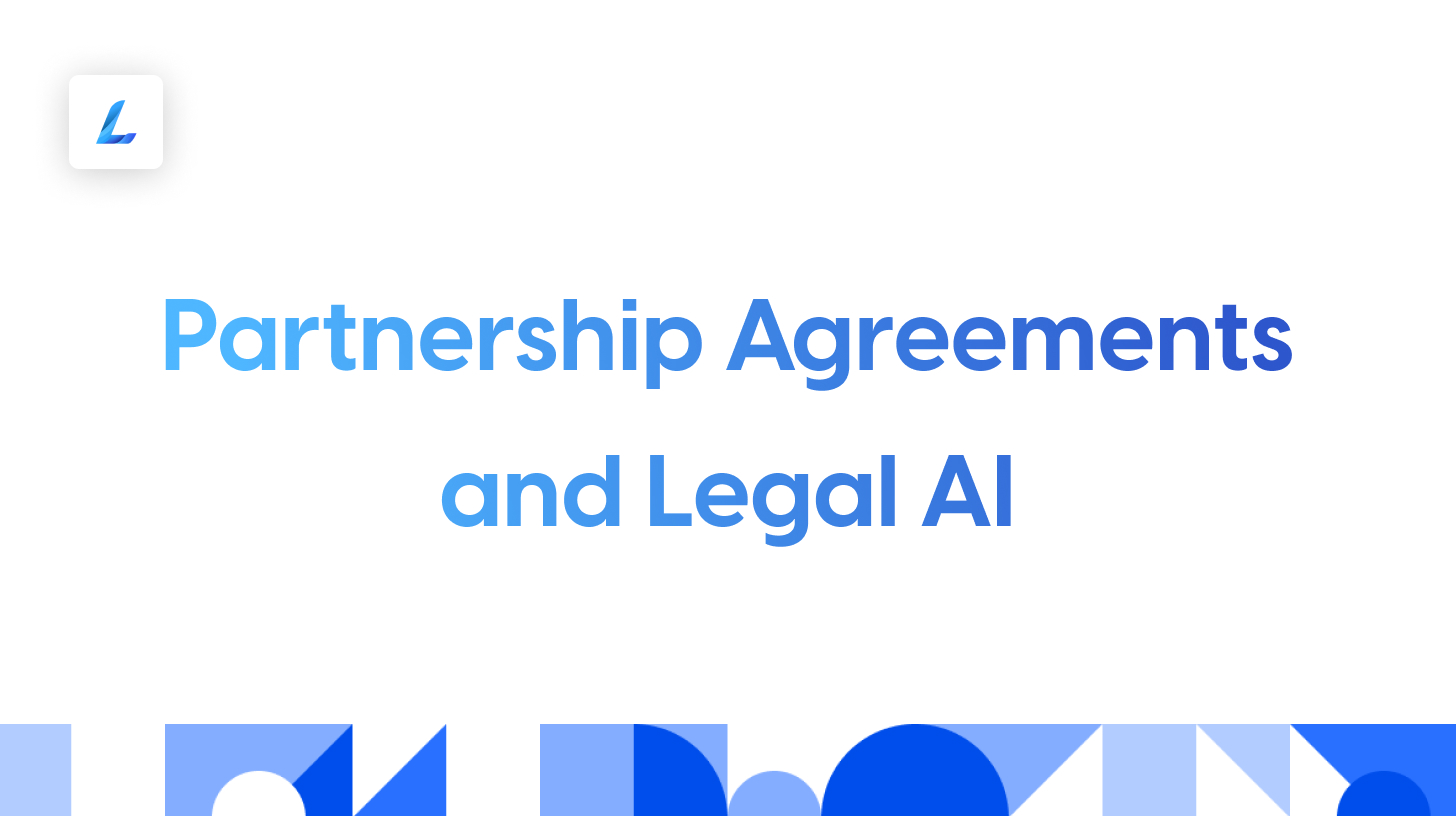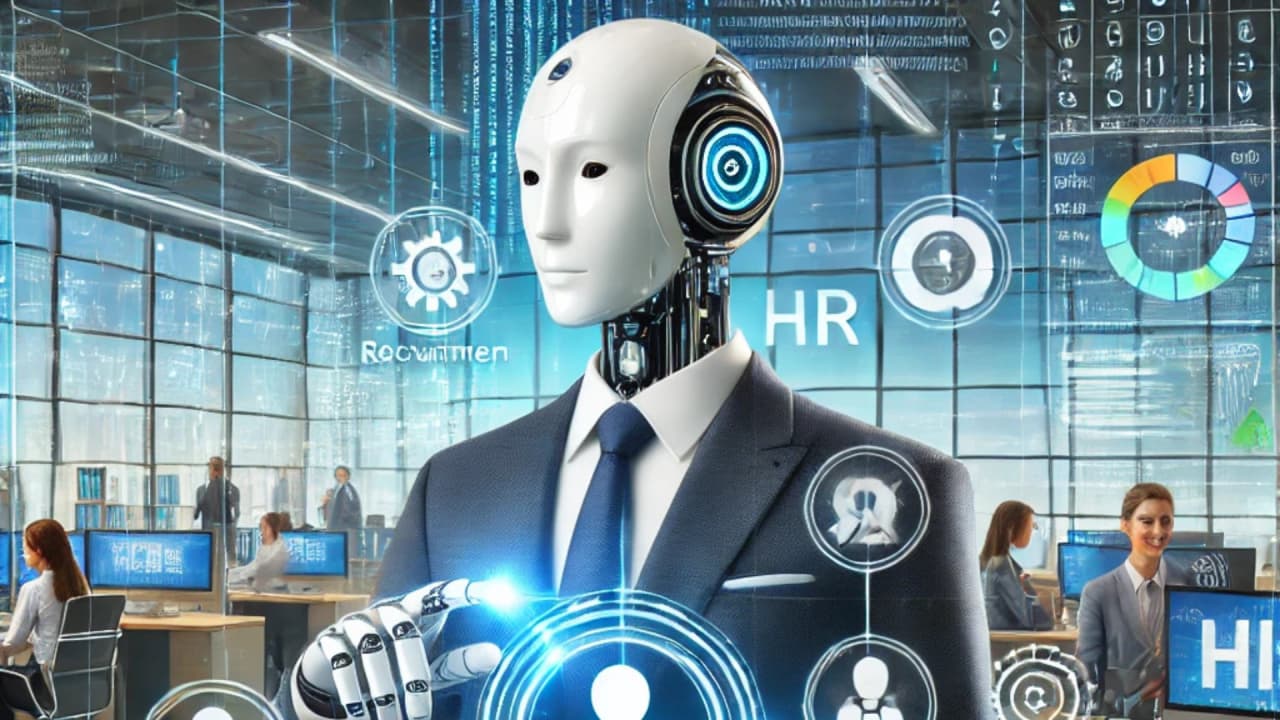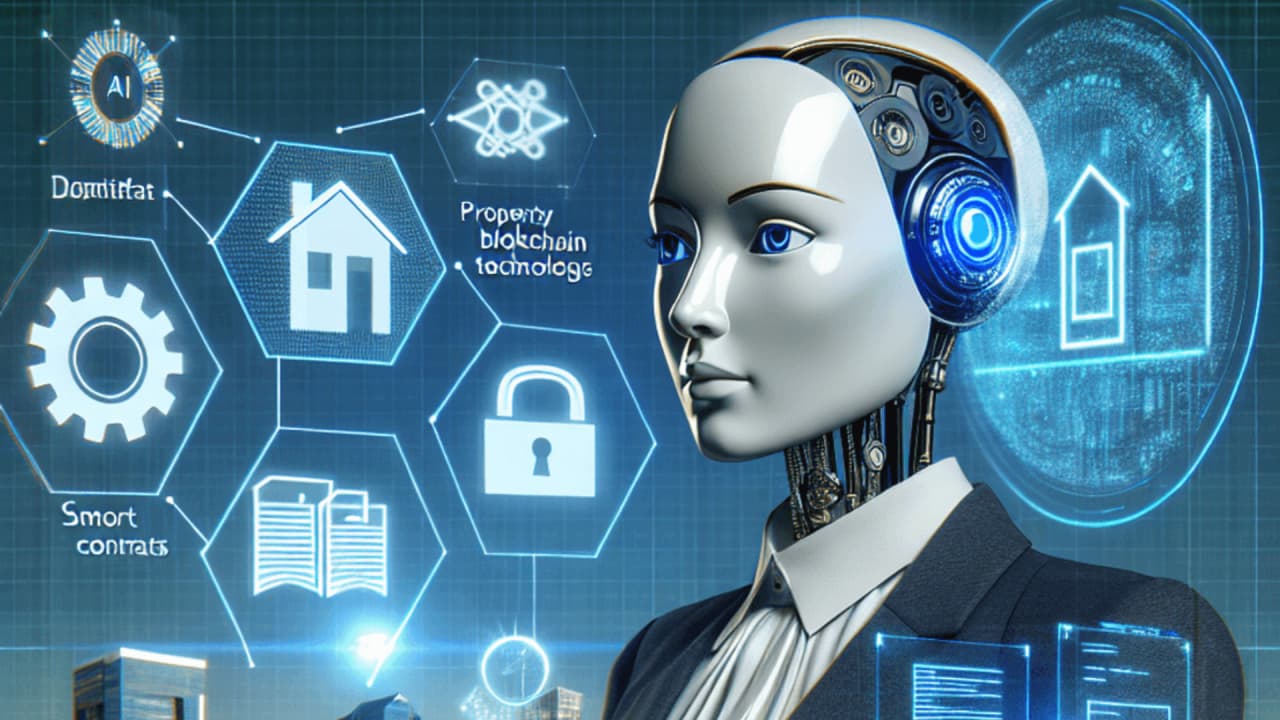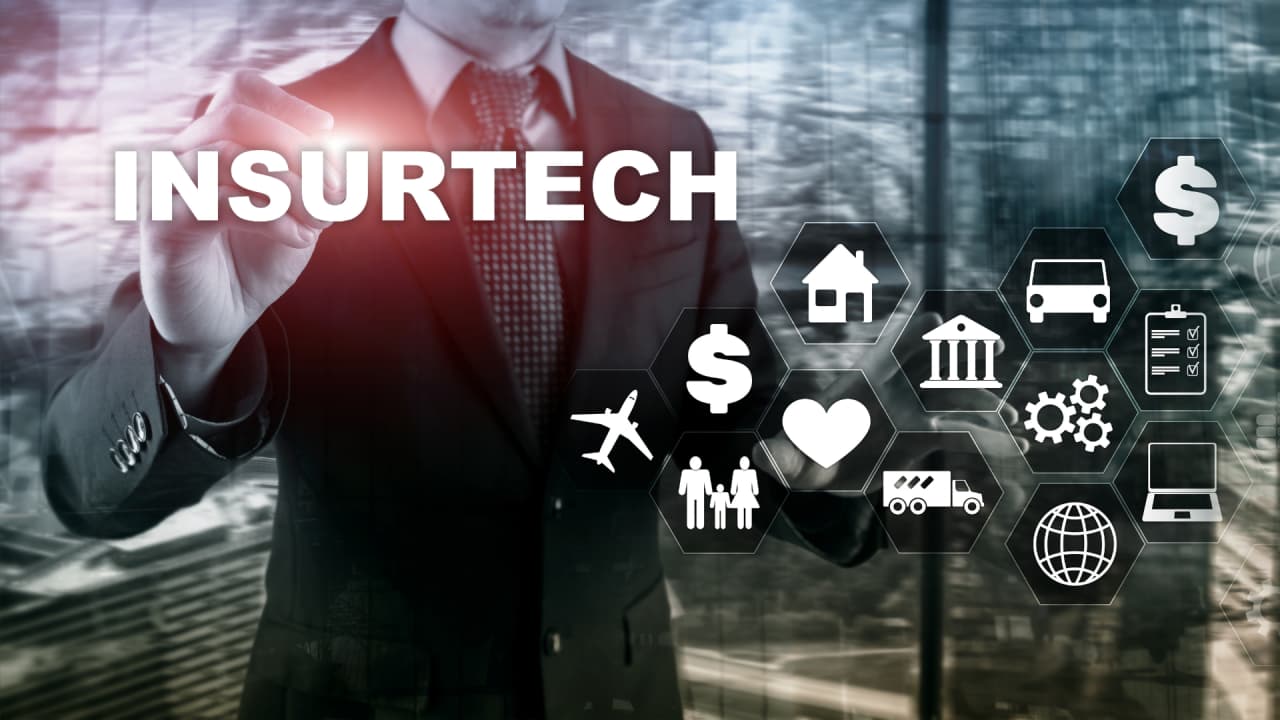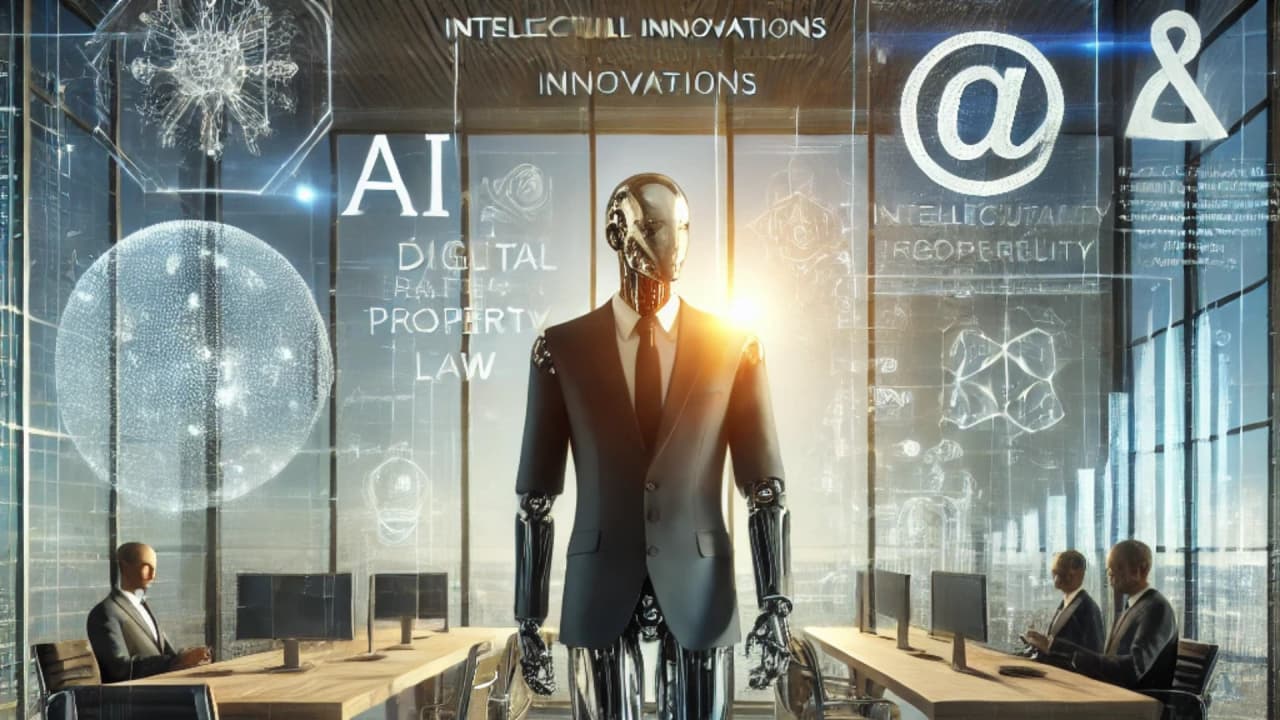Transforming Collaboration with Technological Ingenuity
In the contemporary business landscape, partnerships have emerged as powerful vehicles for growth, innovation, and shared success. These collaborative ventures, however, demand meticulous planning, precise drafting, and transparent agreements to ensure equitable outcomes for all parties involved. As the world embraces the digital era, the convergence of partnership agreements and Legal AI is poised to automate the way businesses structure and navigate these alliances. In this article, we delve into the pivotal role of Legal AI in crafting effective and fair partnership agreements, exploring its benefits and the transformative potential it brings to legal services.
The Rise of Legal AI in Modern Law Practice
In an era characterised by rapid technological advancement, the legal industry is undergoing a profound transformation. Legal AI refers to the application of artificial intelligence technologies to enhance and automate various legal tasks. These technologies include natural language processing, machine learning, and data analytics, among others. As legal professionals grapple with the complexities of partnership agreements, Legal AI emerges as a game-changing tool that streamlines processes, enhances accuracy, and promotes fairness.
The Evolution of Partnership Agreements: A Need for Precision
Partnership agreements are the foundation upon which collaborative ventures are built. These agreements outline the rights, responsibilities, profit-sharing arrangements, and decision-making mechanisms of the involved parties. They play a pivotal role in shaping the trajectory of the partnership, defining its objectives, and safeguarding the interests of all stakeholders.
The intricate nature of partnership agreements demands a comprehensive understanding of legal nuances, potential risks, and equitable terms. Traditionally, lawyers have meticulously crafted these agreements, leveraging their expertise to strike a balance between legal compliance and the specific needs of the partnership. However, this process often involves substantial time, resources, and the possibility of human error.
Legal AI as a Catalyst for Efficiency and Precision
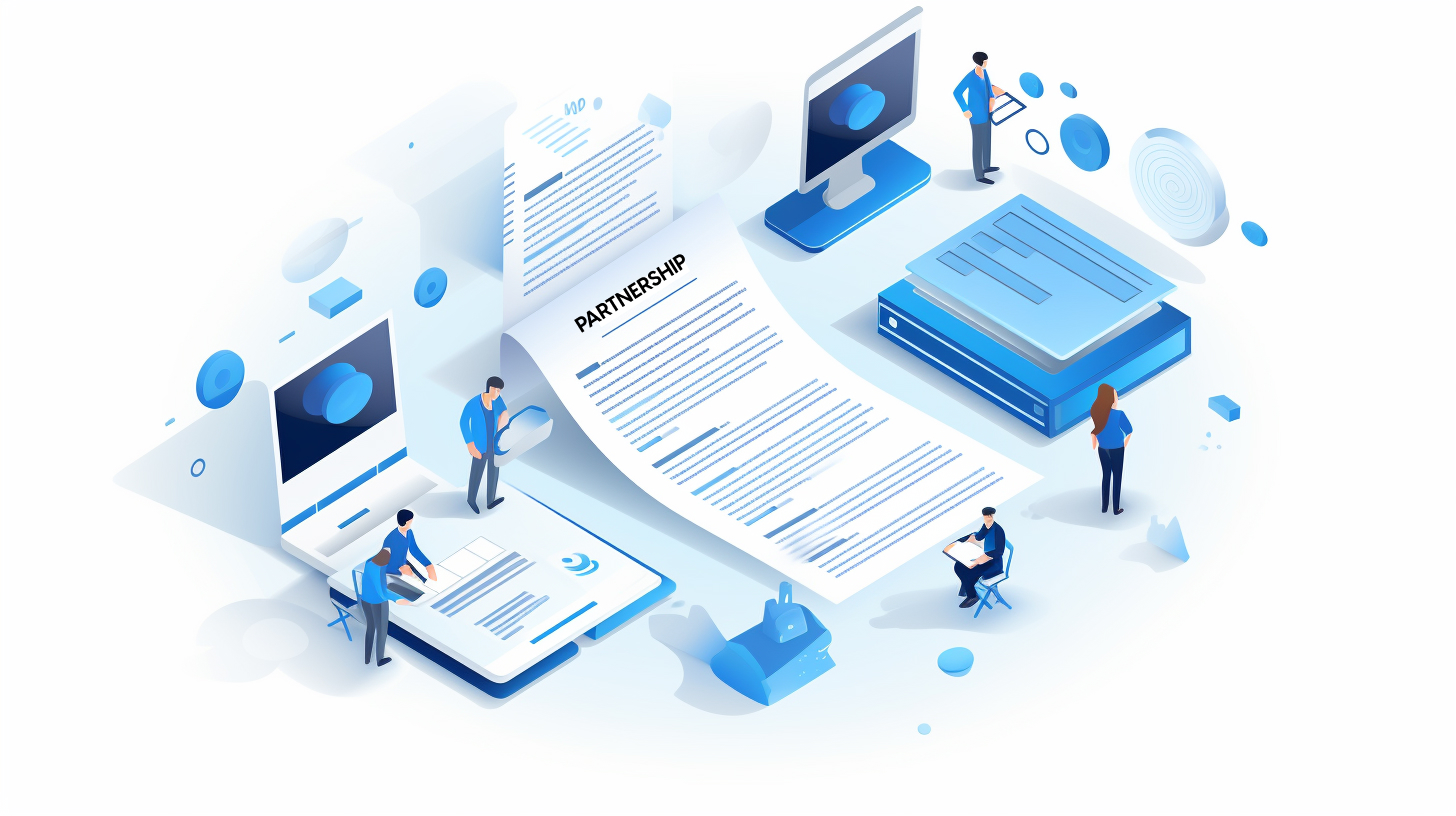
Enter Legal AI—a transformative force that promises to redefine the creation and execution of partnership agreements. By leveraging advanced algorithms and data analysis capabilities, Legal AI empowers legal practitioners to navigate the complexities of partnership agreements with unprecedented efficiency and precision.
Legal AI tools are capable of swiftly reviewing, analysing, and even generating partnership agreement documents. These tools can extract relevant information, identify potential risks, and highlight discrepancies—all while minimising the risk of human oversight. This not only accelerates the agreement drafting process but also enhances its accuracy, ensuring that no vital details are overlooked.
The Role of AI Lawyers: Enhancing Collaboration
AI-powered lawyers represent a significant milestone in the evolution of legal practice. These digital legal assistants, equipped with sophisticated AI algorithms, possess the ability to navigate the intricacies of partnership agreements. AI lawyers can review existing legal frameworks, industry standards, and past legal precedents to provide real-time insights and recommendations during the negotiation process.
One of the key advantages of AI lawyers is their impartiality. These digital companions are not swayed by emotions or external pressures, ensuring that the partnership agreement remains balanced and fair to all parties involved. Furthermore, AI lawyers contribute to a more transparent negotiation process, as they can analyse the implications of proposed clauses and their potential long-term effects.
Fostering Transparency and Mitigating Risks
Transparency is a cornerstone of effective partnership agreements. As businesses explore collaborative opportunities, it is crucial that all parties involved have a clear understanding of the terms and implications of the agreement. Legal AI plays a pivotal role in fostering this transparency by meticulously reviewing partnership agreements for potential hidden clauses, ambiguous language, or biassed terms.
Furthermore, Legal AI has the ability to identify clauses that might pose undue risks to one party. For instance, it can flag provisions that disproportionately allocate liabilities or that limit the rights of one partner unfairly. By highlighting these potential pitfalls, Legal AI empowers businesses to address potential issues and negotiate more equitably.
Efficiency and Cost-Effectiveness
Traditionally, the creation and review of partnership agreements involved substantial time and resources. Legal AI addresses this challenge by expediting the process and optimising resource allocation. These tools are capable of processing vast amounts of legal information in a fraction of the time it would take a human lawyer.
The efficiency gains provided by Legal AI extend beyond time savings. By automating routine tasks such as document review and data extraction, Legal AI frees up legal professionals to focus on higher-level strategic analysis and decision-making. This shift in focus enhances the overall value delivered by legal teams and ensures that resources are utilised efficiently.
Data-Driven Insights for Informed Decision-Making
Legal AI harnesses the power of data-driven insights to provide parties with valuable information during negotiations. Through comprehensive analytics, Legal AI can offer comparative assessments of partnership agreement terms within specific industries, geographical regions, or legal contexts.
For example, Legal AI can provide insights into common profit-sharing models within a particular sector, enabling partners to gauge the competitiveness of their proposed terms. This data-driven approach empowers businesses to negotiate from an informed position, aligning their agreements with industry norms and best practices.
Challenges and Ethical Considerations
While the integration of Legal AI into partnership agreements offers numerous benefits, it is not without challenges and ethical considerations. One significant concern is the potential for bias within AI algorithms. If the training data used to develop these AI tools is skewed, it could inadvertently perpetuate existing disparities and inequalities.
Moreover, the adoption of Legal AI raises questions about the role of human judgement in legal practice. While Legal AI excels at data analysis, it may struggle to grasp the subtleties of human interactions, cultural nuances, and contextual variables that often influence partnership agreements.
Legaliser: Pioneering the Future of Legal AI
In this transformative landscape, pioneering platforms like Legaliser are at the forefront of digitising the legal industry. Legaliser combines cutting-edge AI technology with legal expertise to offer businesses seamless access to AI-powered contract review and analysis. By leveraging advanced algorithms and deep legal knowledge, Legaliser empowers businesses to ensure fairness, accuracy, and transparency within their partnership agreements.
Conclusion
In the intersection of partnership agreements and Legal AI, we witness the confluence of technological innovation and legal expertise. As businesses seek to forge meaningful collaborations, the role of Legal AI in ensuring fairness, accuracy, and efficiency becomes increasingly vital. By enhancing transparency, mitigating risks, and empowering informed decision-making, Legal AI contributes to a more equitable and collaborative business landscape.
Nevertheless, the integration of Legal AI must be approached with careful consideration of potential biases and ethical dilemmas. Striking a harmonious balance between AI-powered efficiency and human judgement remains paramount. As the legal profession embraces the potential of Legal AI, it paves the way for a future where partnership agreements are not only legally robust but also reflective of the evolving technological landscape, with platforms like Legaliser leading the charge.
